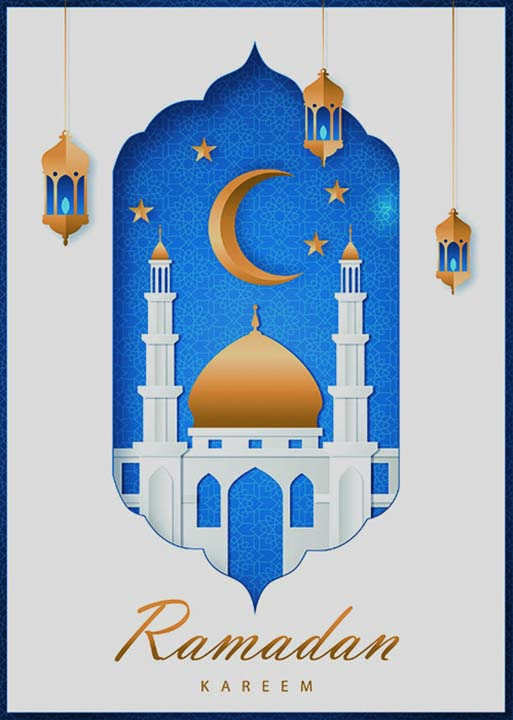
Considered one of the holiest months of the year for the Muslim community, March 23 marks the ninth month of the lunar calendar and the beginning of Ramadan.
During Ramadan, Muslims fast from food and drink, including water during the sunlit hours of the day. This means they only eat or drink prior to dawn or after sunset for roughly 11-16 hours a day of no consumption. Married couples also abstain from sex is also required during the sunlit hours.
These sacrifices are made to grow in self-reflection and spirituality. By fasting, one hopes to achieve “taqwa”, an Arabic word signifying a state of constant awareness of God. To gain awareness, Muslims neglect food and drink to train themselves in discipline and become more in tune with their mind and soul. An increase in prayers is also prevalent during Ramadan as Muslims focus deeper on their devotion to God. Charity increases immensely, especially as seen by community dinners often held nightly at mosques where many break that day’s fast together.
The local mosque in Oklahoma City, the Islamic Society of Greater Oklahoma City, is one mosque that hosts these daily iftar dinners. Dr. Imad Enchassi, OCU’s adjunct professor of Islamic Studies and Chaplain, serves as the Imam at the ISGOC and is happy to provide more information to students about Ramadan. This semester, Dr. Enchassi pilots a new course, “Introduction to Islam” which teaches Islamic theology, tradition and culture. These students are currently studying Ramadan as the season approaches.
Ramadan will last for the entire month and end on April 20th. To commemorate the ending of the fast, Muslims celebrate Eid ul-Fitr, or the “Festival of the Breaking of the Fast” which includes prayers, community events and celebrations.


Leave a Reply